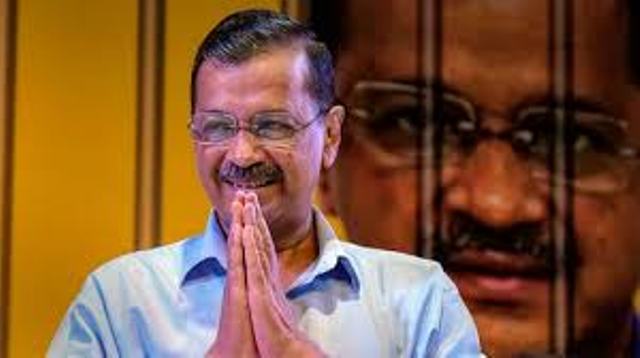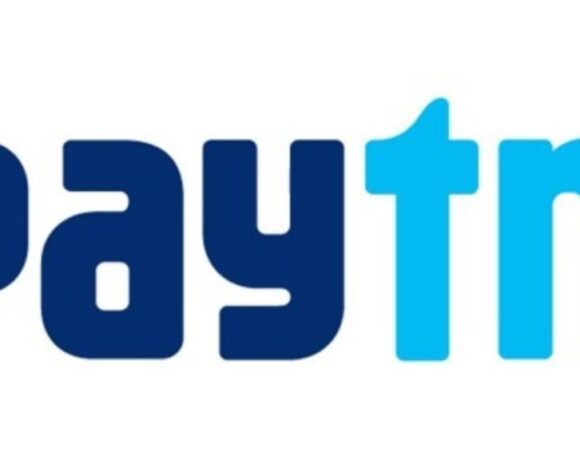Excise policy case: SC grants bail to Delhi CM Kejriwal, says CBI’s aim was to ‘frustrate’ bail process

NEW DELHI, SEPT 13 : The Supreme Court on Friday granted bail to Delhi Chief Minister Arvind Kejriwal in a corruption case investigated by the CBI, linked to the alleged excise policy scam.
A two-judge bench of Justices Surya Kant and Ujjal Bhuyan, who had reserved their decision on Kejriwal’s bail plea on September 5, delivered their judgement on Friday, unanimously granting him bail.
Kejriwal had been formally arrested by the CBI on June 26, 2024, while he was in the custody of the Enforcement Directorate (ED) in the money laundering case arising from the alleged excise policy scam.
The apex court directed the Aam Aadmi Party (AAP) chief not to make any public comments on the merits of the case and set bail on a bond of Rs 10 lakh, along with two sureties.
It said completion of trial was unlikely to occur in the immediate future and rejected the apprehension of tampering by Kejriwal.
Justice Kant held that there was no impediment in arresting a person already in custody, stating that Kejriwal’s arrest did not suffer from illegality. In contrast, Justice Bhuyan argued that arrests should not be seen as high-handed, but rather as necessary efforts to dispel any perception of bias.
The Supreme Court set aside the Delhi High Court’s judgement of 5th August and granted Kejriwal bail, directing him to furnish a bail bond of Rs 10 lakh with two sureties of the same amount, to the satisfaction of the trial court.
Additionally, the court imposed a condition that Kejriwal should not make any public comments on the merits of the CBI case, stating, “The appellant shall not make any public comments on the merits of the CBI case, it being sub judice before the trial court. This condition is necessitated to dissuade a recent tendency of building a self-serving narrative on public platforms. However, this shall not preclude the appellant from raising all his contentions before the trial court.”
Justice Bhuyan criticised the CBI for its belated approach in arresting Kejriwal, deeming it unjustified. He further noted that the continued incarceration of Kejriwal had become untenable, remarking, “CBI is a premier investigating agency of the country. It is in the public interest that CBI must not only be above board but must also be seen to be so. Every effort must be made to remove any perception that investigation was carried out fairly and that the arrest was made in a high-handed and biased manner. In a functional democracy governed by the rule of law, perception matters. Like Caesar’s wife, an investigating agency must be above board. Not long ago, this court has castigated the CBI comparing it to a caged parrot. It is imperative that CBI dispels the notion of it being a caged parrot. Rather, the perception should be that of an uncaged parrot.”
He added: “Such action on the part of the CBI raises a serious question mark on the timing of the arrest. Rather, on the arrest itself. In the circumstances, a view may be taken that sudden arrest by the CBI was perhaps only to frustrate the bail granted to the appellant in the ED case.”
Justice Bhuyan further questioned the necessity and timing of Kejriwal’s arrest, especially as he had already been granted bail in the money laundering case related to the liquor policy.
He noted that the CBI did not arrest Kejriwal for 22 months and only became active after the court ordered his release in the ED case. “It appears that only after the Special Judge granted regular bail to the appellant in the ED case on June 20 (which was stayed by the High Court on June 21 on oral mentioning) that CBI became active and sought custody of the appellant which was granted by the Special Judge on June 26. Thus, it is evident that CBI did not feel the need and necessity to arrest the appellant from August 17, 2022, till June 26, 2024—i.e. for over 22 months,” Justice Bhuyan said.
Kejriwal had filed two separate petitions before the SC challenging the denial of bail and his arrest by the CBI. He had also contested the August 5 order of the Delhi High Court upholding his arrest.
The top court reserved its verdict on September 5 after hearing detailed arguments from Kejriwal’s counsel, Abhishek Manu Singhvi, and the CBI, represented by Additional Solicitor General (ASG) SV Raju.
Terming the Delhi CM’s arrest as “illegal” and “arbitrary,” Singhvi had argued that there should be safeguards for such actions. “There should be safeguards regarding the arrest of an accused person. You can’t be trigger-happy… You can’t just barge in to arrest without any basis,” he said.
Singhvi had argued that the Delhi CM’s arrest by the CBI was an “insurance arrest,” as it occurred just when he was about to secure bail in a more stringent case filed by the ED under the Prevention of Money Laundering Act (PMLA). He had also requested interim bail for Kejriwal on health grounds, but the Supreme Court declined.
Opposing Singhvi’s argument, ASG Raju had objected to the accused approaching the Delhi HC without first going to the sessions court.
“This was my preliminary objection. On merits, the trial court should have seen it first. The High Court was made to see merits, which can only be in exceptional cases. In ordinary cases, the sessions court has to be approached first,” he said.
Raju also mentioned that the case should not be treated differently just because Kejriwal is influential. “It is the same for common people.”
The CBI had argued that as a prominent politician and Chief Minister of Delhi, Kejriwal is highly influential and could potentially influence witnesses and evidence exposed to him during custodial interrogation, as well as potential witnesses.
The agency added that he might tamper with evidence yet to be collected and hinder the ongoing investigation. It argued that there was no violation of laws in arresting Kejriwal and claimed that the AAP chief was “attempting to politically sensationalise the case.”
Notably, the Delhi HC had dismissed Kejriwal’s plea against his arrest, stating that it was based on sufficient evidence collected and sanction obtained in April 2024.
The court found his arrest to be legal and noted that there was no malice in the actions of the CBI, which demonstrated how Kejriwal could influence witnesses, who only came forward after his arrest.
The HC observed that Kejriwal is not an ordinary individual and agreed with the special public prosecutor’s argument, advising him to seek regular bail from the trial court in the CBI case.
It also noted that the crime’s connections extended to Punjab (where AAP is in power), but witnesses were initially unwilling to come forward due to Kejriwal’s influence. It was only after his arrest that they provided their statements, the Delhi HC observed.
The CBI took Kejriwal into custody on June 26 while he was incarcerated in the money laundering case filed by the ED. He was arrested by the ED on March 21 and granted bail by the trial court on June 20. However, the trial court’s order was stayed by the Delhi HC. And on July 12, the SC granted him interim bail in the ED’s case.
The excise policy was scrapped in 2022 after the Delhi Lieutenant Governor ordered a CBI probe into alleged irregularities and corruption in its formulation and execution. The CBI and ED contend that there were irregularities in modifying the excise policy, with undue favours extended to license holders.
-PTI






